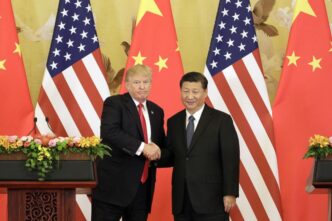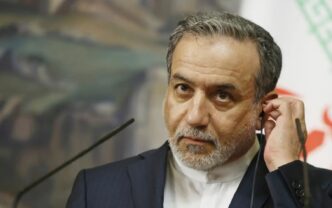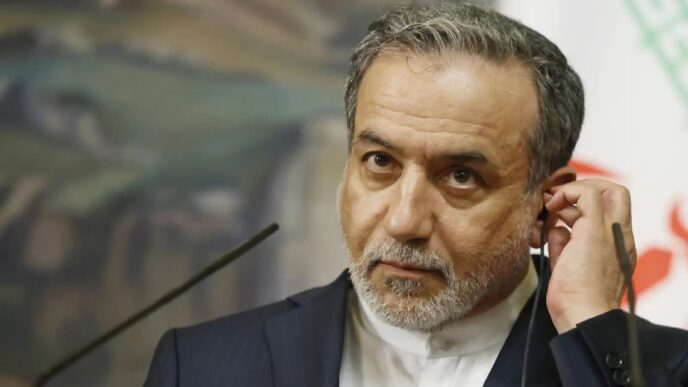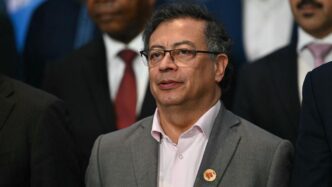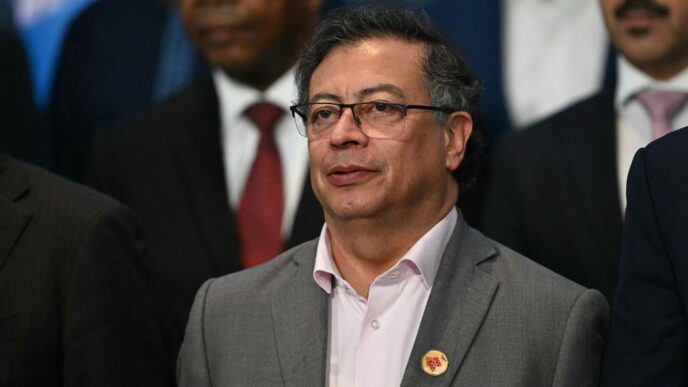China and the United States have agreed to resume trade negotiations in the coming week as both nations seek to prevent another damaging escalation in their ongoing tariff dispute.
The decision follows rising tensions after Beijing imposed sweeping restrictions on its vital rare earths industry last week, prompting US President Donald Trump to threaten 100 per cent tariffs on Chinese imports in retaliation.
Trump had also hinted at cancelling his expected meeting with Chinese President Xi Jinping, which is scheduled to take place later this month on the sidelines of the Asia-Pacific Economic Cooperation (APEC) summit in South Korea.
However, signs of renewed dialogue emerged after Chinese state media reported that Vice Premier He Lifeng and US Treasury Secretary Scott Bessent held “candid, in-depth and constructive exchanges” during a call on Saturday morning. Both sides agreed to meet in person “as soon as possible” for further discussions.
Bessent confirmed on social media that the talks were “frank and detailed” and announced plans to continue them face-to-face next week.
He had previously accused Beijing of endangering global industries by tightening control over rare earth exports, essential components for products ranging from smartphones to military equipment.
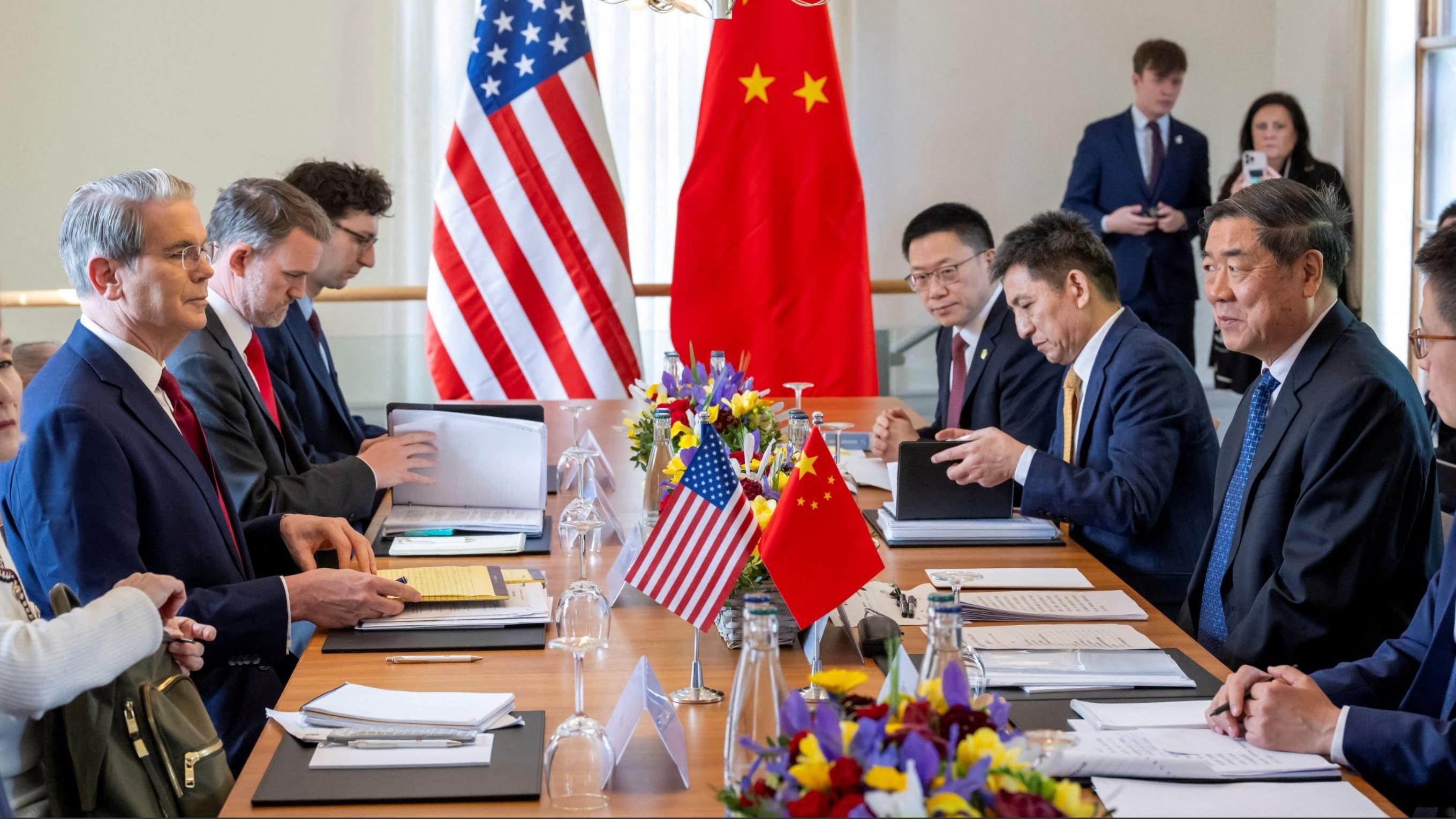
The call, which also included US Trade Representative Jamieson Greer, was seen as a positive step towards easing tensions.
Shortly before the call, Fox News aired excerpts from an interview with Trump, in which he confirmed he would meet Xi at the APEC summit after all.
He described the proposed 100 per cent tariff as “not sustainable” but insisted it was a necessary measure in response to China’s trade practices.
Meanwhile, the United States has been coordinating with other major economies to respond to China’s latest export restrictions.
The Group of Seven (G7) finance ministers have agreed to develop a joint short-term strategy and diversify their supply chains, according to EU Economy Commissioner Valdis Dombrovskis.
Speaking in Washington after the IMF and World Bank’s autumn meetings, Dombrovskis noted that China currently dominates the global rare earth supply, warning that diversification efforts could take years.
He added that G7 members, including Britain, Canada, France, Germany, Italy, Japan, and the United States, would share information about their engagements with China to streamline their approach.
German Finance Minister Lars Klingbeil expressed hope that the upcoming meeting between Trump and Xi could ease the trade dispute, reiterating that the G7 disapproves of Beijing’s restrictive export measures.
International Monetary Fund chief Kristalina Georgieva also voiced optimism that both nations might reach an understanding to calm global markets.
The renewed US-China trade war has flared up this year following Trump’s return to office and his introduction of sweeping new tariffs.
At its peak, the conflict saw triple-digit levies that paralysed parts of international trade. Although both sides have since reduced tariffs, their fragile truce remains uncertain.


 Trending
Trending 
